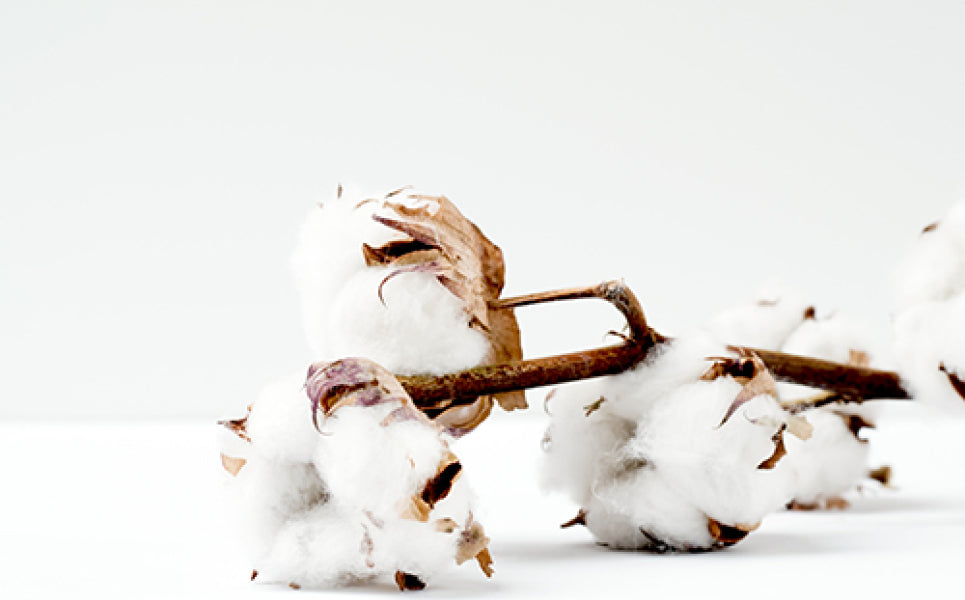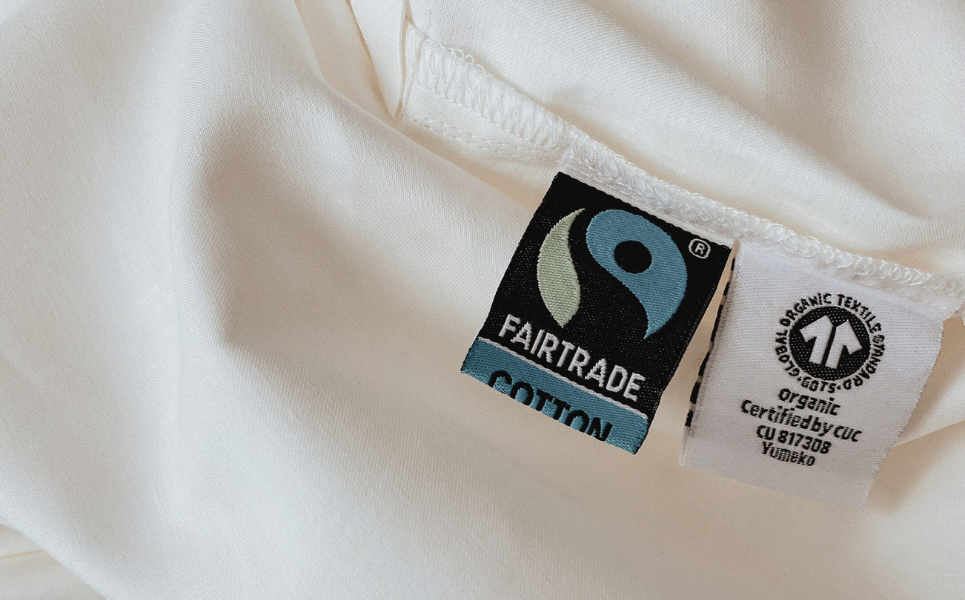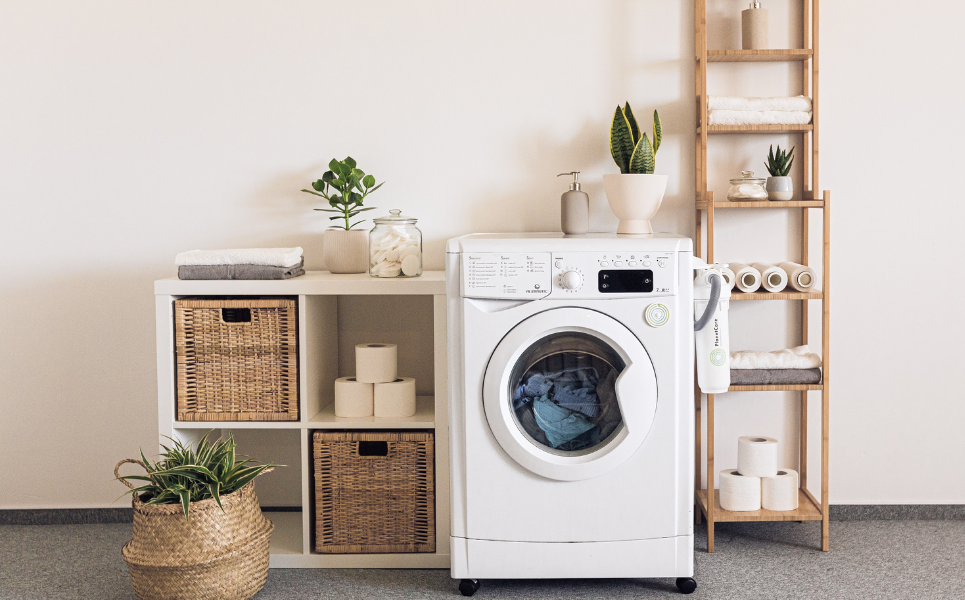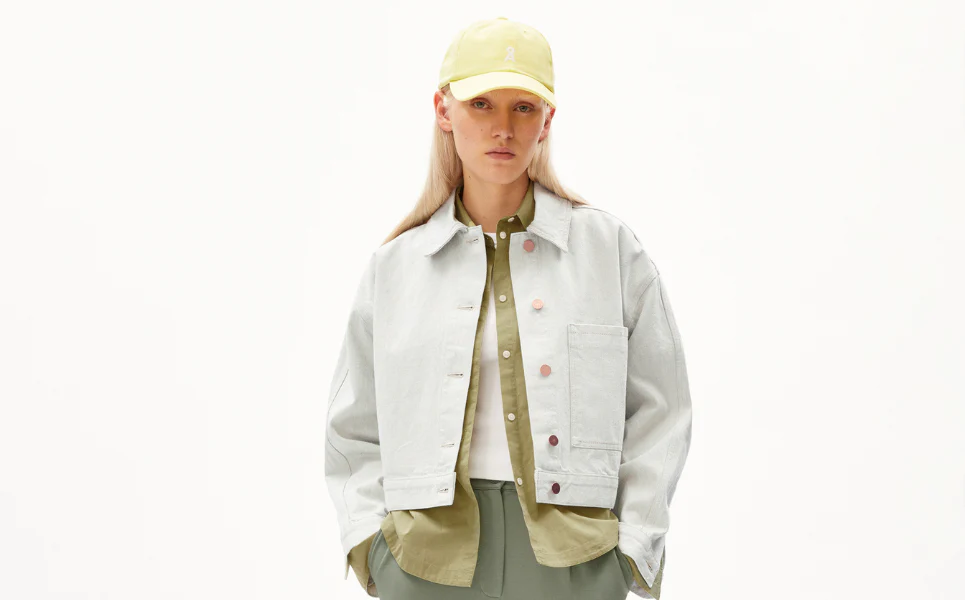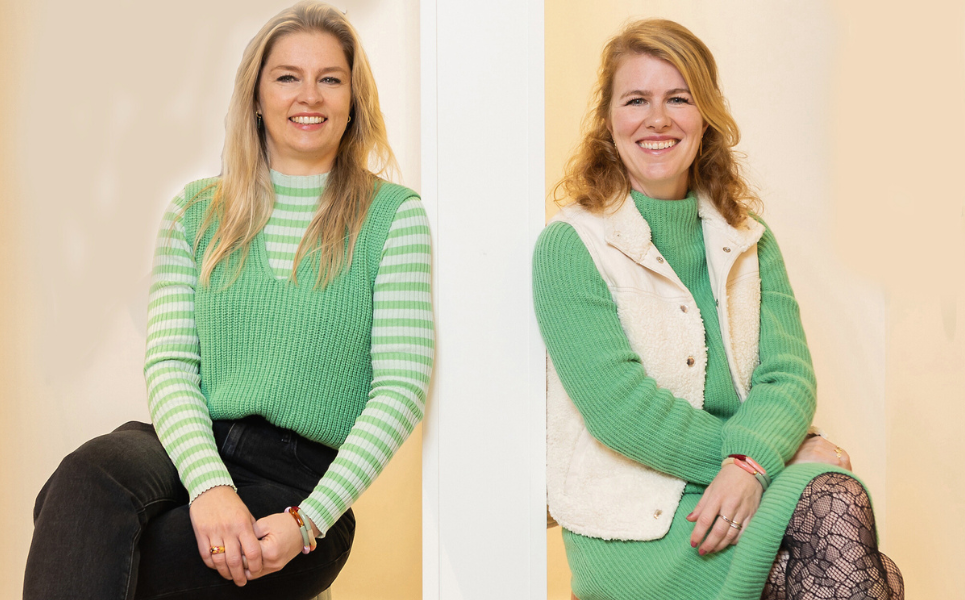Hallmark: Global Recycled Standard
Hallmark: Global Recycled Standard
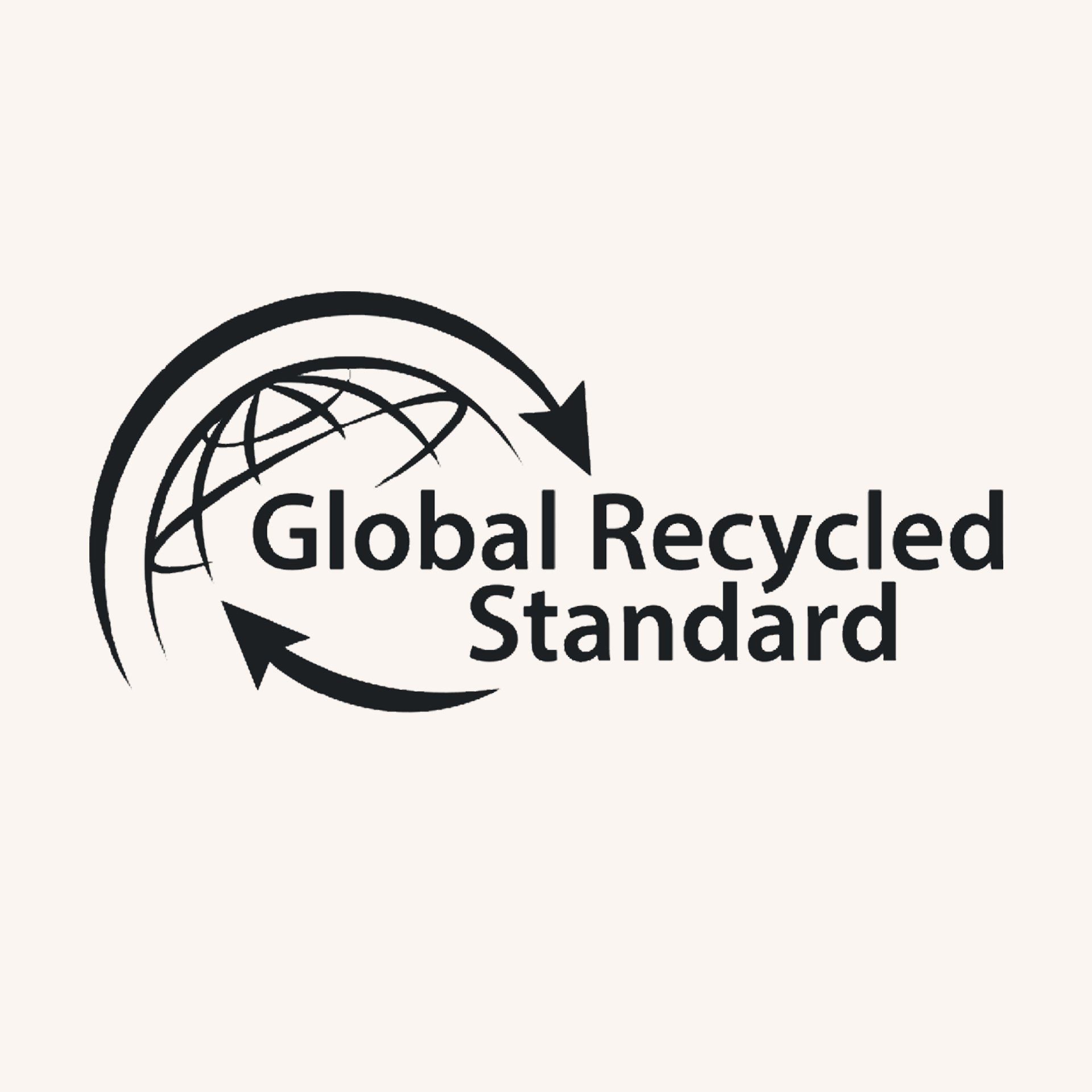
What is Global Recycled Standard? The Global Recycled Standard (GRS) is an internationally recognized seal of approval aimed specifically at companies that produce or sell products made from recycled materials. The Global Recycled Standard was developed by Control Union Certifications and transferred to nonprofit organization Textile Exchange in 2011. Companies that want to have the recycled material in their products verified and watch over the social, environmental and chemical impact of their production can turn to the Global Recycled Standard. The goal of the voluntary organization is to increase the use of recycled materials.
Global Recycled Standard was originally created for the textile industry, but the seal now appears on all kinds of products, such as garden fences. In addition to requirements about recycling, there are also requirements about the company's environmental policies. For example, there are environmental criteria for wastewater discharge, and water, chemical and energy consumption must be recorded. There are no requirements on the quantities of these. There are also requirements for safety, working conditions and the level of staff training.
Sustainable materials
The GRS label indicates that one or more material types of clothing or other products consists of at least 50% recycled material. This means that for a composite fabric, the amount of recycled material can therefore be lower than this 50%. The percentage must be stated on the label for each material type. In addition, GRS certification not only looks at the material, but the entire production process of the product is scrutinized. In this way, the GRS label gives a nice overall picture of how sustainable the recycled product is.
The main points of the Global Recycled Standard are:
- Verifying recycled materials so that they meet the ISO standard of recycled material.
- Responsible production with strict socially responsible and environmentally friendly requirements. In addition, no (potentially) harmful chemicals may be used.
- Being able to trace the origin of a recycled material. Both the person recycling and the material itself must be traceable.
- The GRS certificate is issued by a third independent party, making the seal highly reliable.
- Every product with the GRS certificate has a label with the GRS logo.
- GRS is a voluntary organization that connects various parties from around the world in the field of recycling.
Check
To ensure that clothing brands carrying the GRS seal meet the requirements, the certifications are done by a third independent party. This makes it a reliable label, despite the fact that the verification is non-accredited.
The Global Recycled Standard is very transparent and shares on their website all kinds of documents and tools that help apparel brands and retailers implement GRS. In this way, they are trying to make it as easy as possible for companies to start using recycled materials. Curious about which companies are all GRS certified? On their website you can find a comprehensive list of all certified companies, which country the company is from, which product groups are certified and the date when the certificate was issued and when it expires.
At Sophie Stone, we think it's important that our items made from recycled materials are recycled in an environmentally friendly way. That is why you will find in our webshop the brands Organic Basics, Jan 'n JuneUnderprotection, Lanius, ARMEDANGELS, Bask in the Sun, Dedicated and Thinking Mu with the Global Recycled Standard seal of approval.




